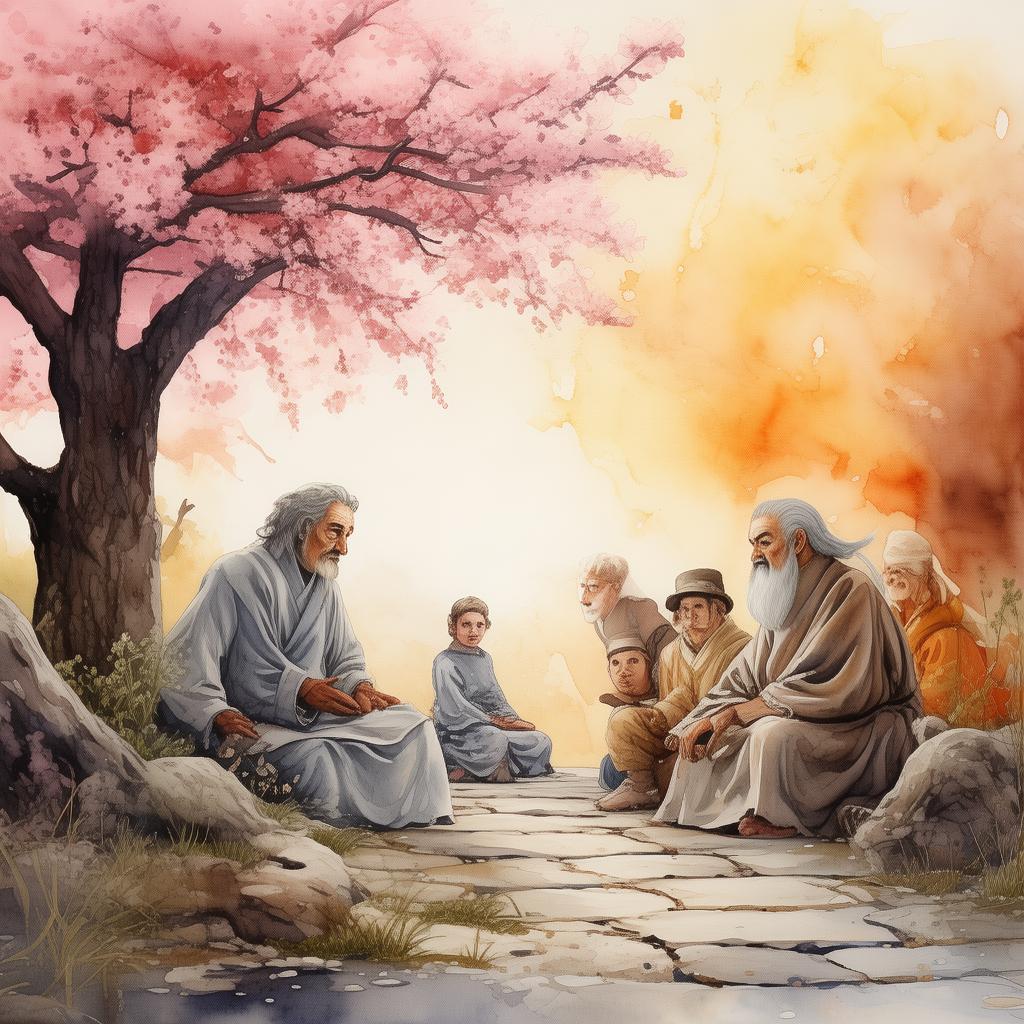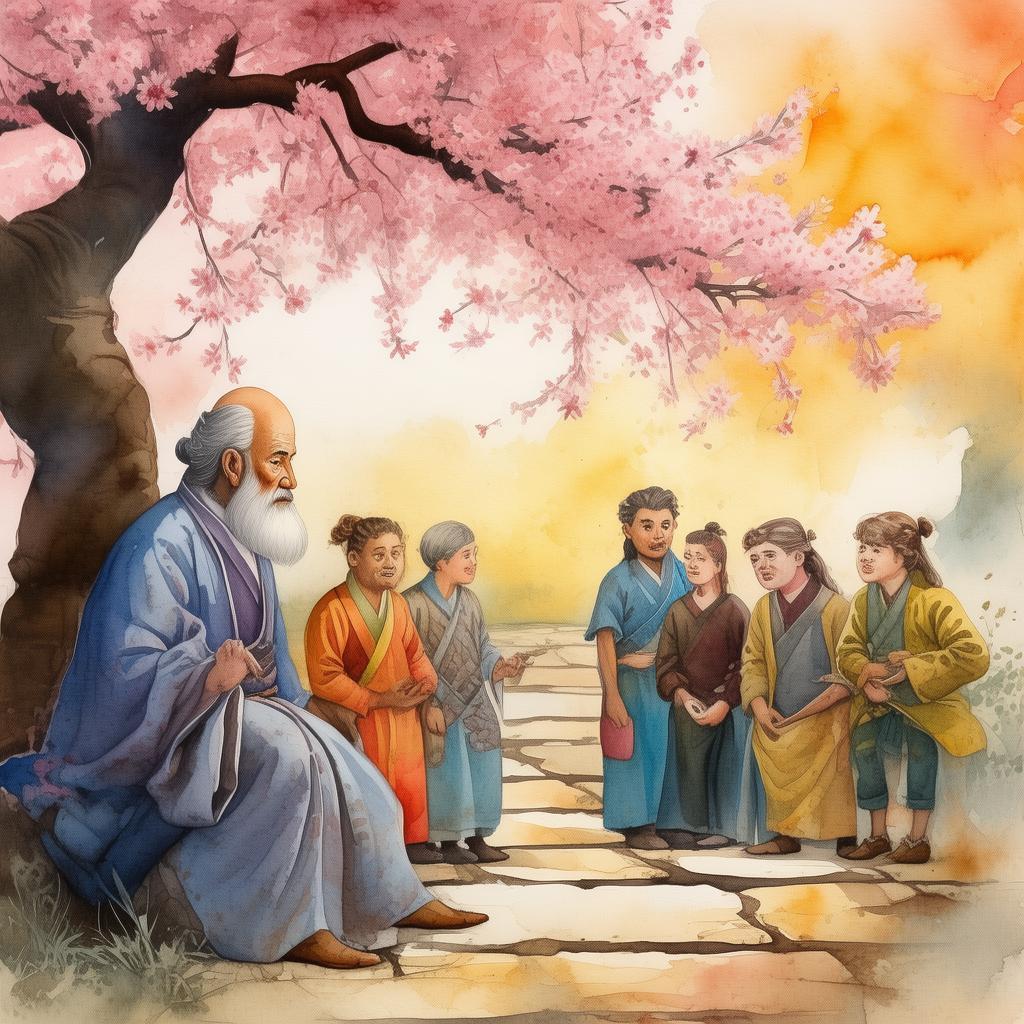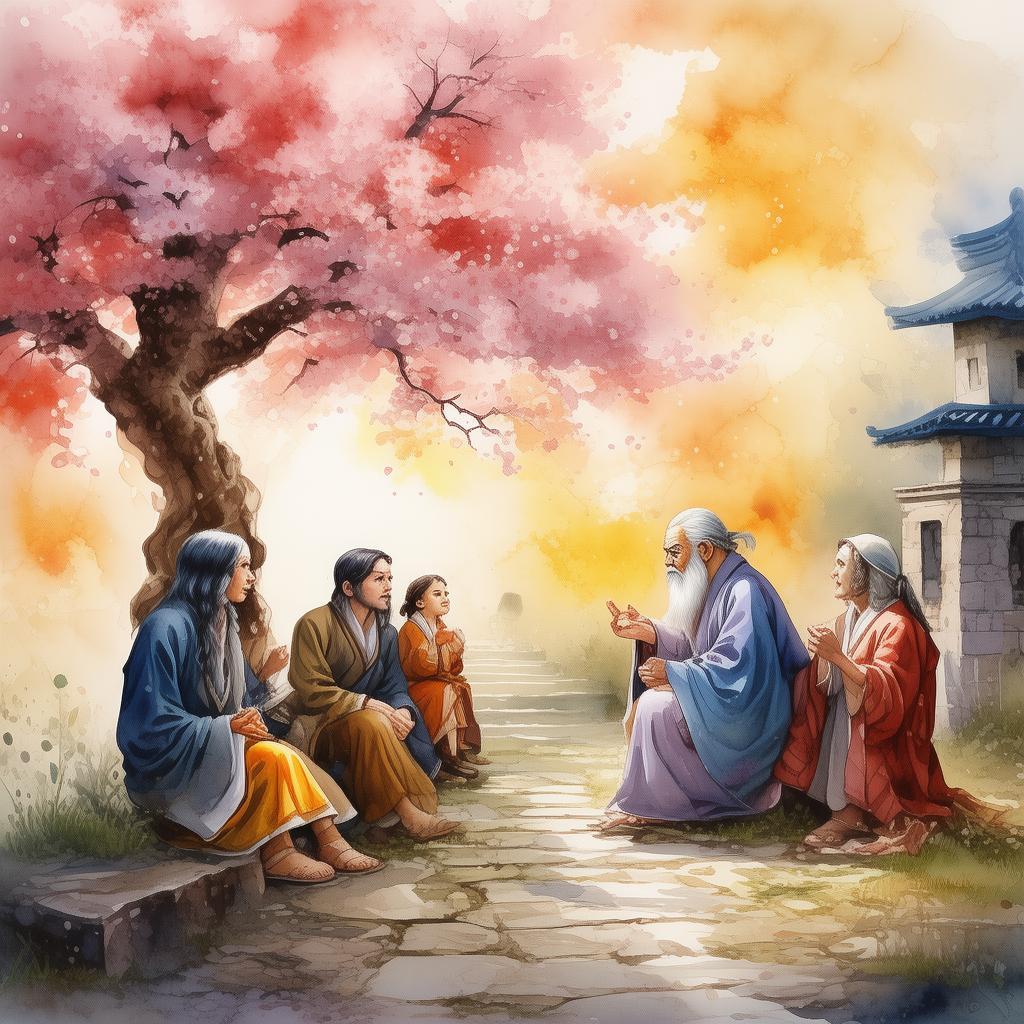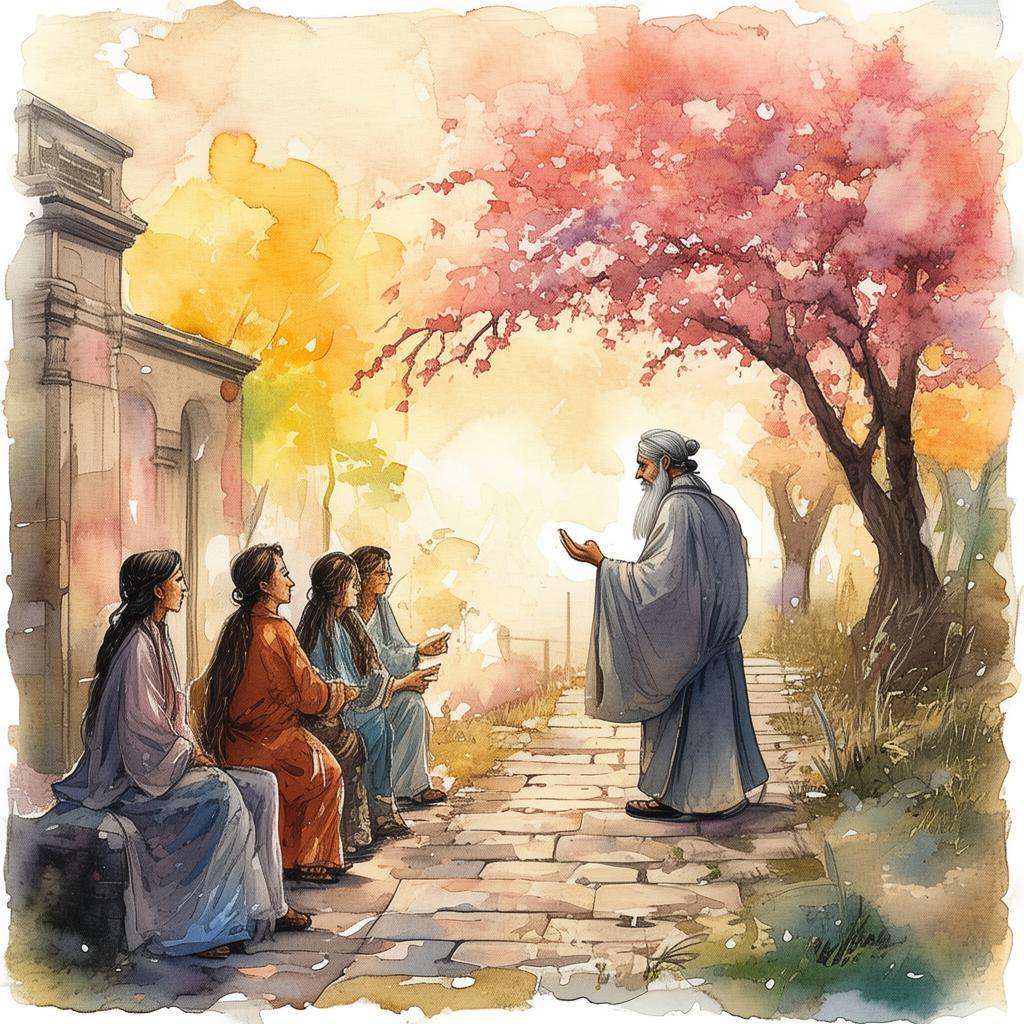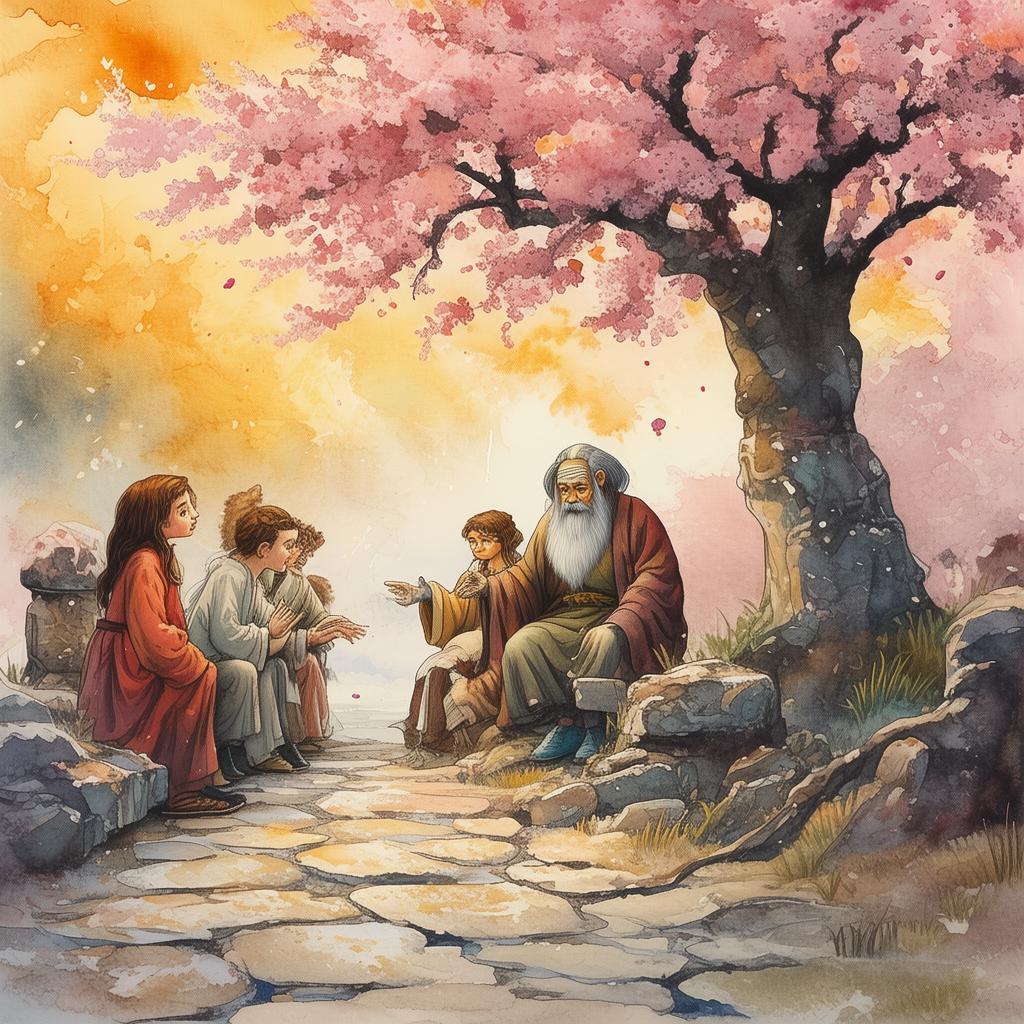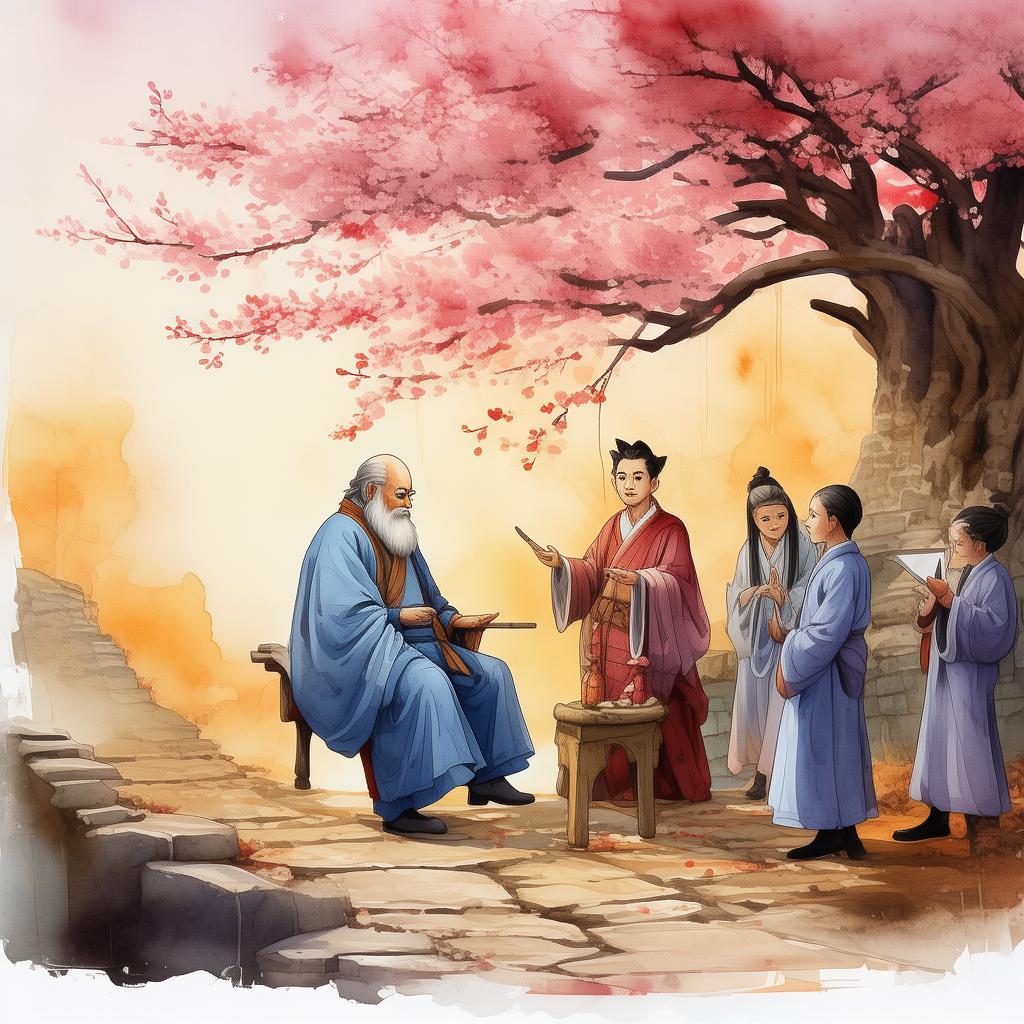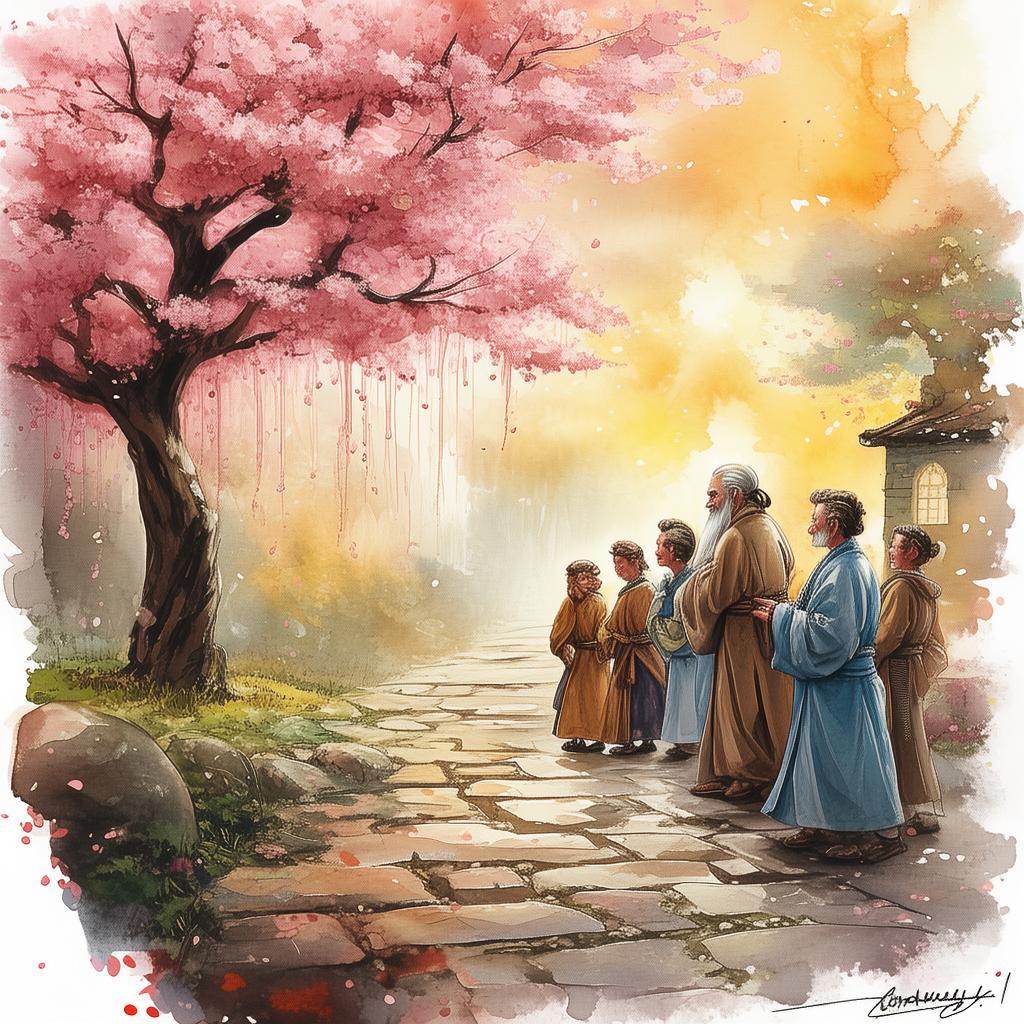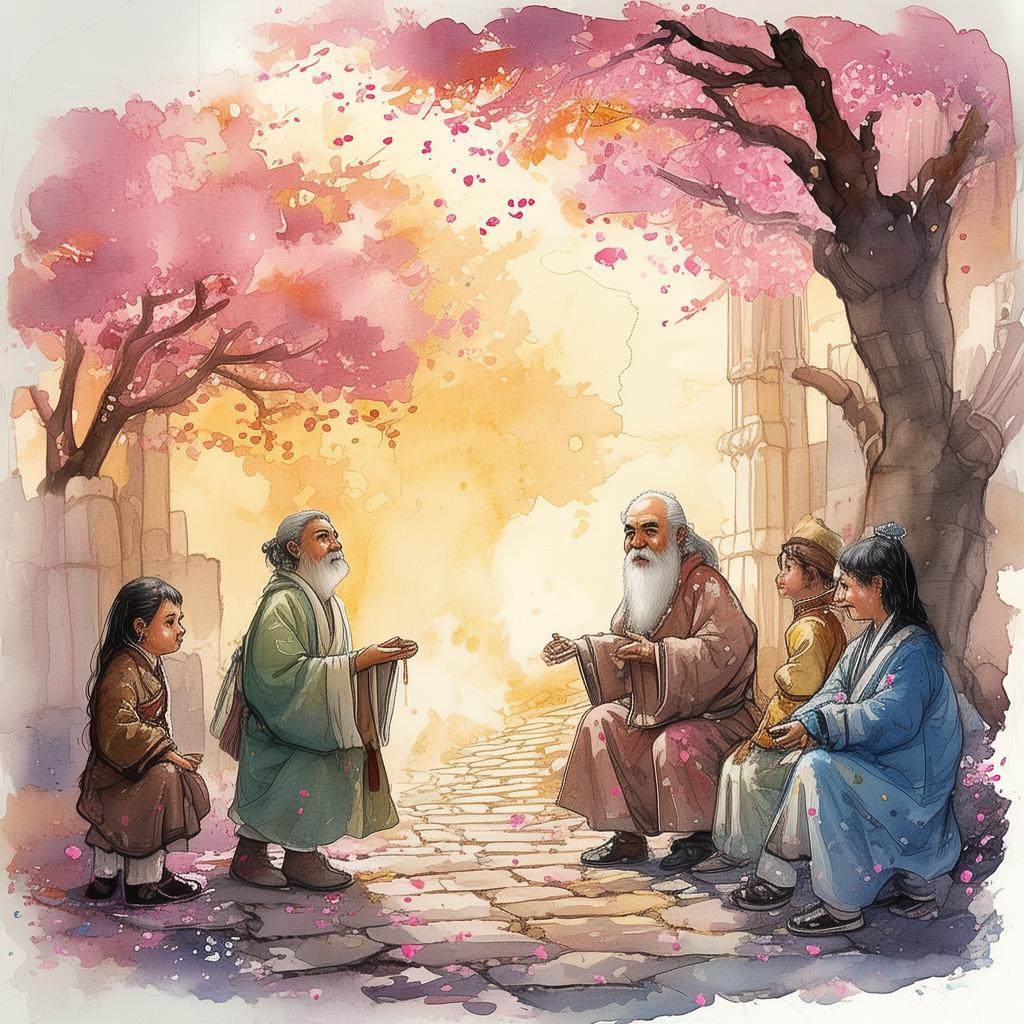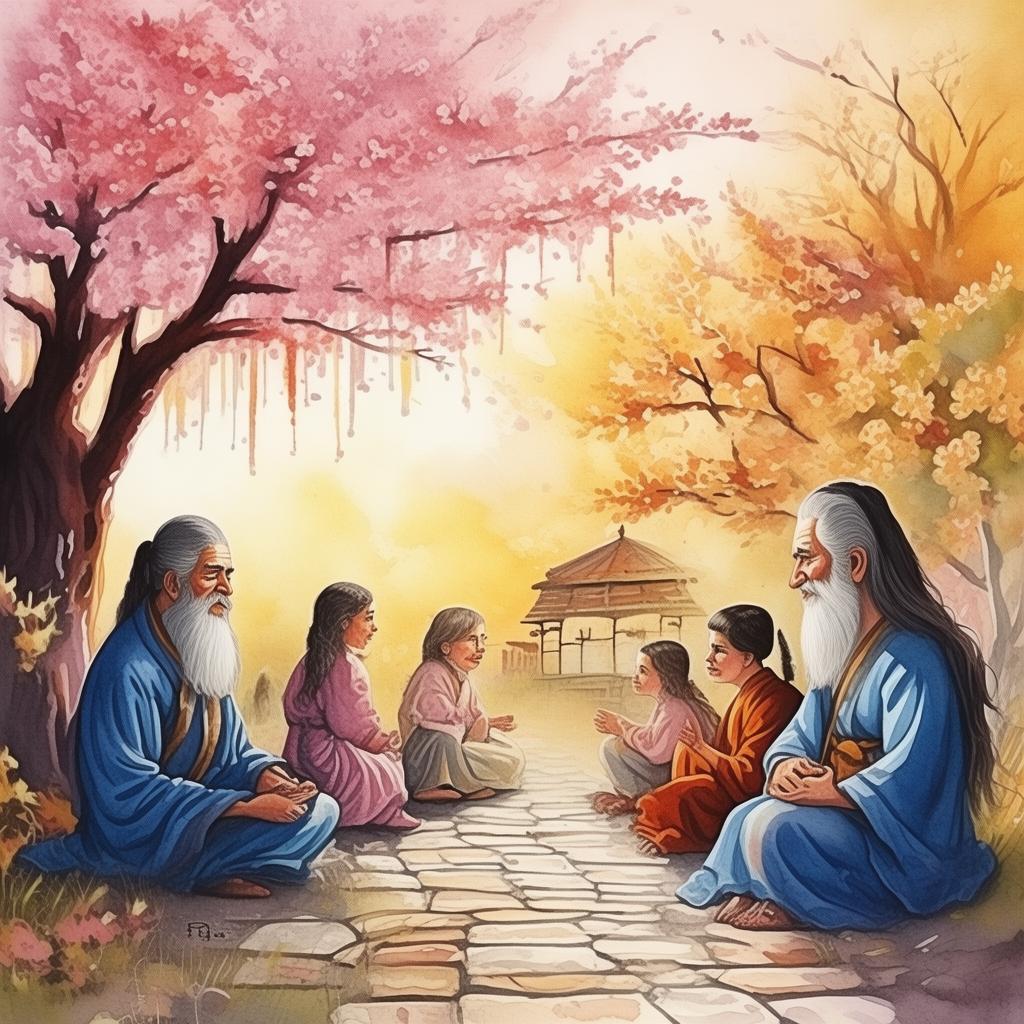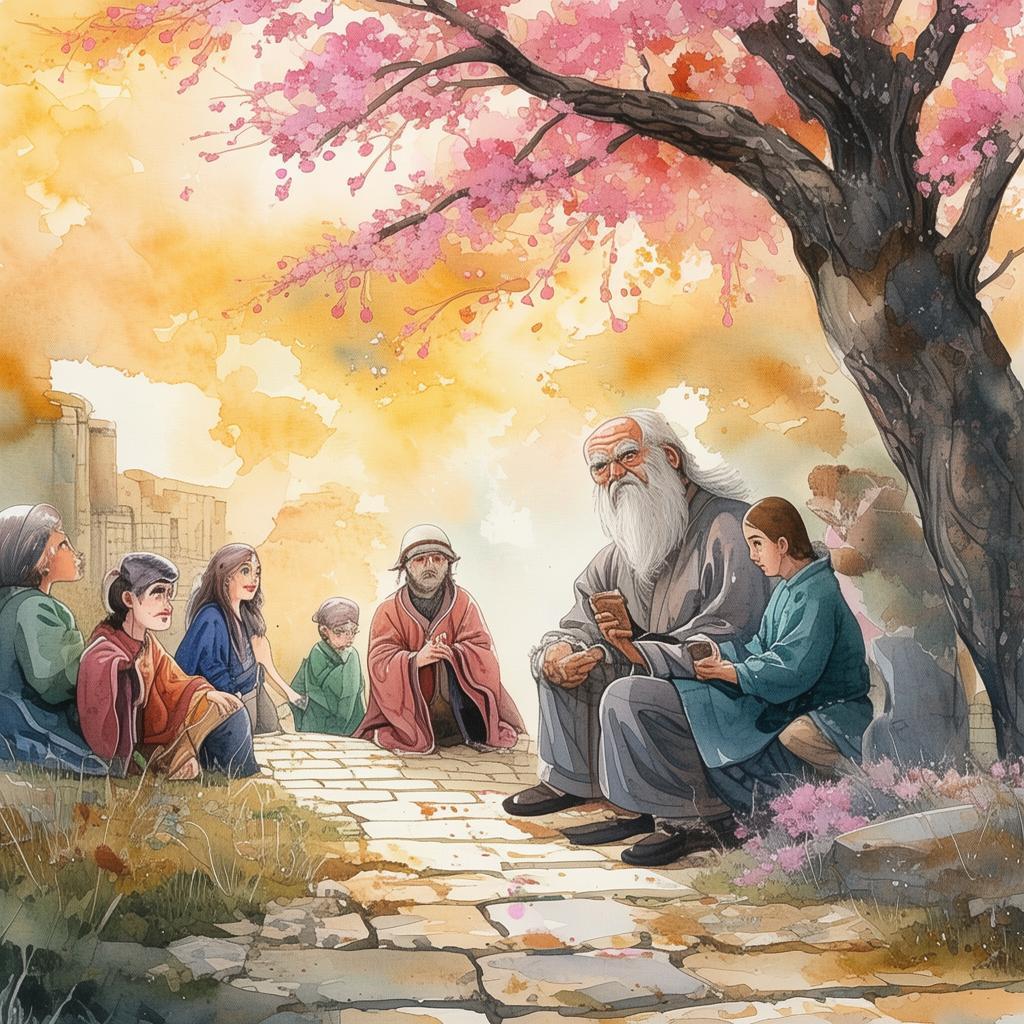Heaven's Secret Code: The Celestial Library Pinyin's Symphony
In the ancient kingdom of Linghua, there was a legend whispered among the scholars: a celestial library, hidden among the stars, that contained the wisdom of the universe. Its pages were said to be written in a symphony of celestial music, known as Pinyin's Symphony, a language that was as much a part of the cosmos as the stars themselves. The scholars spoke of it with reverence, but the library was a myth, a story told to inspire the hearts of young minds.
In the year 1234, a young scholar named Ming was born into a family of astronomers. Ming had an insatiable curiosity about the heavens, and by the age of twenty, he had become the most brilliant mind in the kingdom. His father, a revered astronomer, often spoke of the celestial library and the Pinyin's Symphony, but Ming knew that it was just a tale meant to keep hope alive.
One fateful night, as Ming gazed upon the night sky, he noticed something unusual. A single star, unlike the others, seemed to flicker with an otherworldly light. Intrigued, he followed the star's trajectory and discovered an ancient library, hidden within a cave on the moon's shadow. The entrance was sealed with a glowing symbol, which Ming recognized as the Pinyin's Symphony.
With trembling hands, Ming recited the ancient incantation he had learned from his father, and the seal shattered, revealing a narrow path to the library. As he stepped inside, he was enveloped in a symphony of celestial music, each note resonating with the fabric of reality itself.
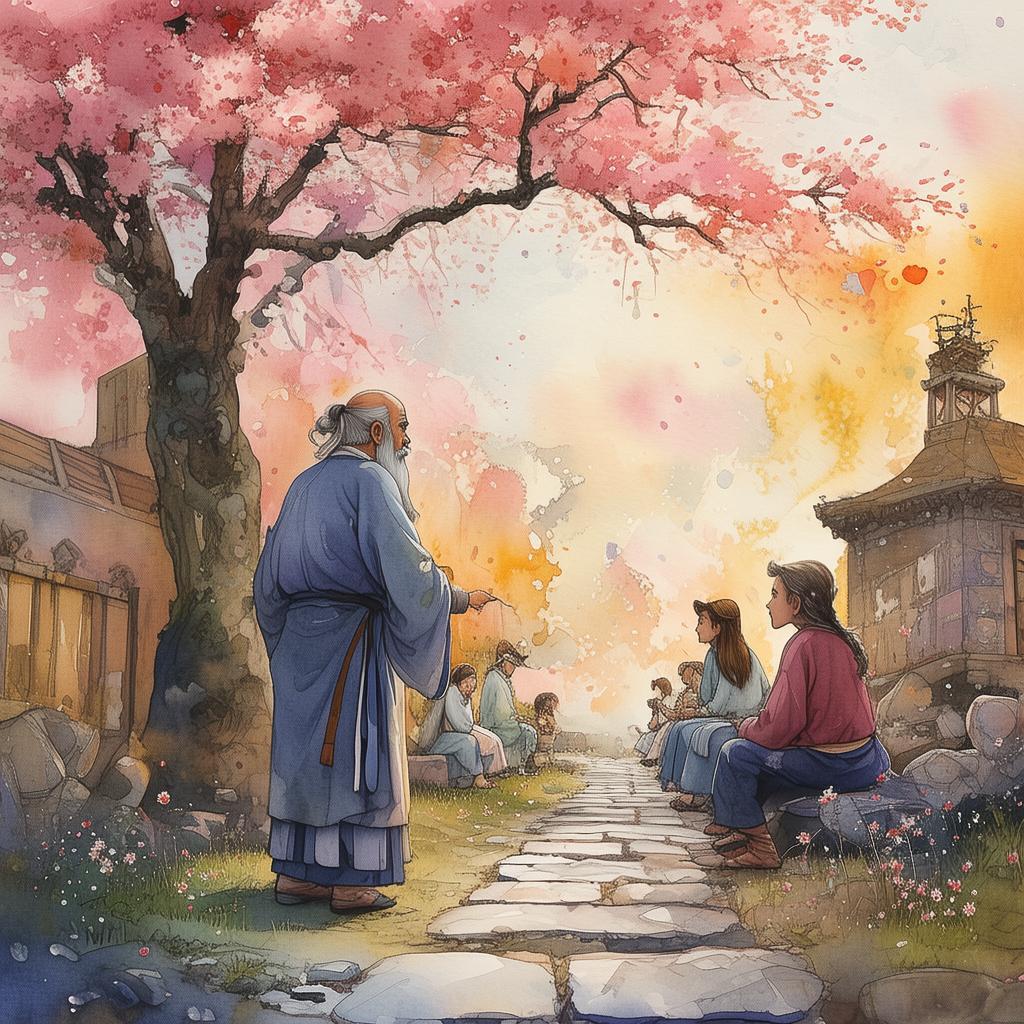
The library was filled with ancient scrolls, each one glowing with the light of the Pinyin's Symphony. Ming knew that he had stumbled upon the truth of his father's tales. He began to read, and as he did, he discovered that the scrolls were not just written in a language, but they were a language—each character a note, each word a melody.
Ming's knowledge grew exponentially. He learned the secrets of the universe, the patterns of the cosmos, and the very essence of existence. But with this knowledge came a great burden. The library revealed to Ming that he was destined to become the keeper of the celestial wisdom, to protect the balance of the cosmos, and to decipher the mysteries of the Pinyin's Symphony.
One day, as Ming was translating a particularly complex scroll, he encountered a challenge. The scroll spoke of a celestial harmony that could either bring peace to the world or bring about its destruction. To unlock its secrets, Ming must confront his own deepest fears and desires.
The path to the solution was fraught with peril. Ming had to travel through the stars, deciphering the music of the heavens, and overcoming his own doubts and fears. Along the way, he met other scholars who were also searching for the celestial truth, each with their own agendas and beliefs.
As Ming's journey continued, he discovered that the harmony he sought was not just a musical piece, but a metaphor for the balance between the spiritual and the material, the light and the dark. He learned that the universe was a delicate symphony, and that his own actions could alter the melody forever.
In a climactic confrontation, Ming faced his greatest challenge yet. He had to choose between the harmony that could save the world or the harmony that would bring about its end. With the universe hanging in the balance, Ming made a decision that would change his destiny and the fate of the cosmos.
He chose the harmony that would unite the stars, and as he did, the music of the Pinyin's Symphony filled the universe. The balance was restored, and the celestial library revealed its greatest secret to Ming: the universe was not just a collection of stars, but a symphony of life, and each being was a note in that eternal melody.
Ming returned to the kingdom, not as a scholar, but as the keeper of the celestial library. He shared his knowledge with the people, teaching them to respect the harmony of the cosmos and to live in balance with nature. The kingdom of Linghua flourished, and Ming's name became synonymous with the Pinyin's Symphony and the celestial wisdom.
And so, the legend of the celestial library and the Pinyin's Symphony was passed down through generations, a reminder that the universe was a symphony of life, and that each one of us was a note in that eternal melody.
✨ Original Statement ✨
All articles published on this website (including but not limited to text, images, videos, and other content) are original or authorized for reposting and are protected by relevant laws. Without the explicit written permission of this website, no individual or organization may copy, modify, repost, or use the content for commercial purposes.
If you need to quote or cooperate, please contact this site for authorization. We reserve the right to pursue legal responsibility for any unauthorized use.
Hereby declared.
